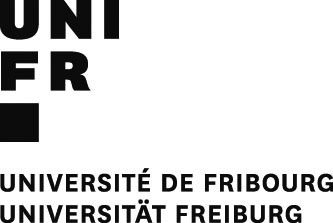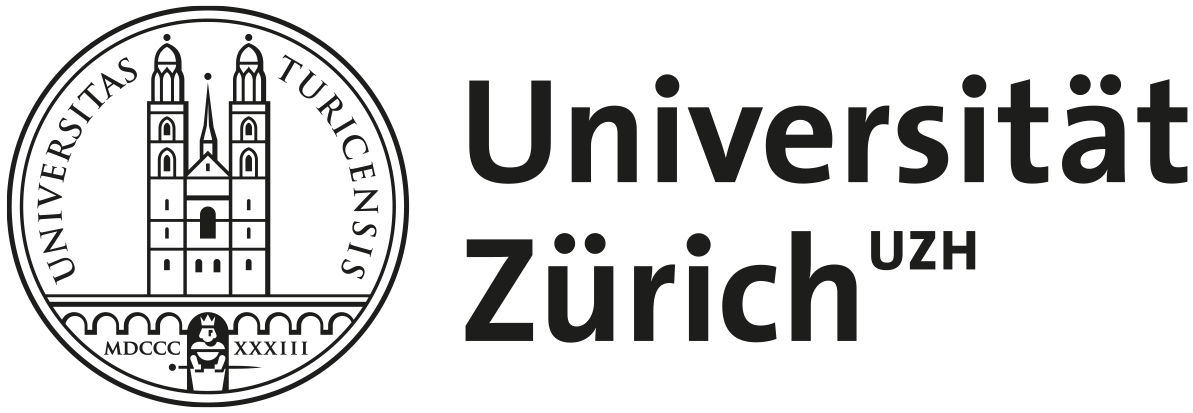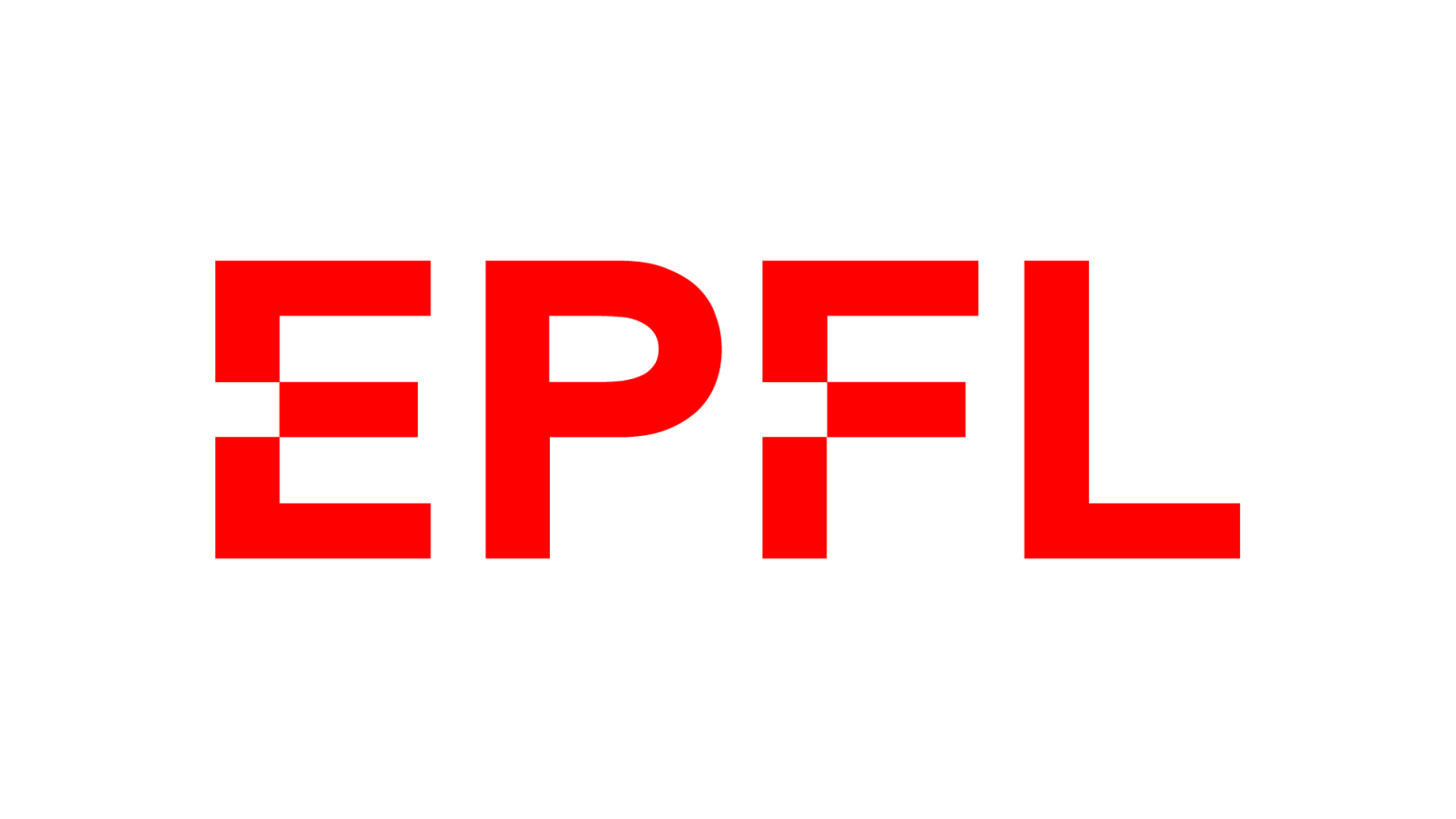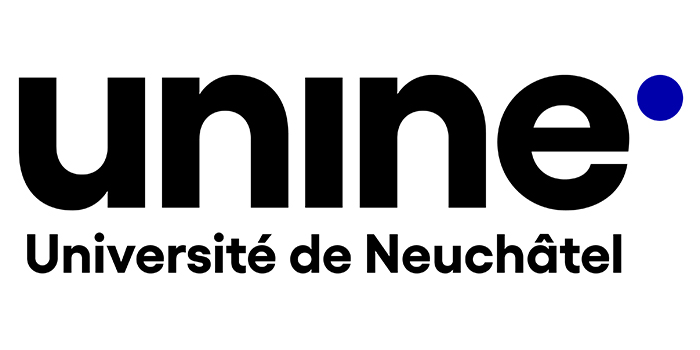Doctorate and first-gen academics
After completing a Master’s degree, students can either leave the academic world to pursue a professional career, or further develop their knowledge and skills through various programmes (MAS, MBA, etc.).
The doctoral thesis leads to the title of Doctor, the highest degree awarded by universities and higher education institutions. This title is essential for anyone wishing to pursue an academic career and is a significant asset for obtaining positions of responsibility, whether in the public or private sector.
With an average duration of 4 to 5 years, the doctorate requires a considerable personal commitment and careful preparation, since admission to doctoral studies is generally based on an application file.
Why a PhD ?
A doctoral thesis, more than just an academic project, is a professionalizing experience that allows students to acquire practical skills and recognized expertise in a given field. For First-Gen students, often without family role models in this pathway, the thesis represents an opportunity to build a rewarding career, both within academia and beyond.
Each thesis is a unique journey, offering the chance to develop knowledge, networks, as well as methodological and social skills that are essential for the continuation of students’ careers. These assets are particularly valuable for First-Gen students, as they open up diverse opportunities without relying on family contacts in these fields.
A doctorate, however, remains a long-term and largely solitary undertaking, requiring significant personal investment and discipline. It is important to be able to recover from setbacks and to remain patient, as results only become visible in the medium to long term. Careful consideration must also be given to funding the thesis, and sustained attention should be paid to one’s physical and mental health throughout the journey.
The unique nature of the doctoral experience makes it difficult to fully grasp for those who have not gone through it; for this reason, the community of researchers in which the thesis is carried out provides essential support for doctoral candidates, particularly for first-generation students.
Beyond any considerations about possible career opportunities, embarking on a doctoral thesis should above all be driven by a genuine interest in the research topic—one that can sustain passion year after year.
Admission Procedure
Admission requirements for doctoral studies vary slightly between universities and sometimes even between faculties, so it is essential to check in advance with the intended host institution. However, the core prerequisites are: holding a Master’s degree — or an equivalent qualification — in the relevant research field (some faculties allow flexibility regarding specialization), and obtaining prior agreement from the prospective thesis supervisor.
Additional requirements may apply, such as a minimum grade for the Master’s thesis or a minimum overall grade point average during the academic programme.
Faculty-specific conditions — particularly in the Faculties of Medicine — must also be taken into account and require careful attention in advance.
Links : EPFL, ETHZ, HSG, UniBe, UniFr, UniGe, UniLu, UniNE, USI, UZH
Preparing for a Doctorate
Once the motivations for pursuing a doctorate have been defined, it may be helpful to discuss with other doctoral candidates, mid-level academic staff, or professors in the discipline in order to learn more about:
- The specific features of doctoral work
- The modalities of thesis supervision
- The scientific interests of the prospective supervisor
- The host structure (section, department, institute) and its working conditions
- Thesis funding opportunities
- The average duration of doctoral studies in the field
- The admission requirements and criteria for obtaining the doctoral title
- The possibilities for continuing education during the doctoral programme
While it is not always easy to define a “good” thesis topic, it should be both scientifically feasible and contribute original knowledge to the field. This requires a clear understanding of current needs in the chosen research area, which implies thorough preliminary research and discussions with the prospective supervisor.
Some topics are defined within funded research projects; in such cases, specific resources are often provided. Choosing a topic that also interests the supervisors facilitates both guidance and integration into existing research programmes. For first-gen students, such a topic and access to a scholarly network provide especially valuable support throughout this long and demanding journey.
Links : EPFL, ETHZ, HSG, UniBe, UniFr, UniGe, UniLu, UniNE, USI, UZH
Doctoral Process
Completing a doctoral thesis involves several stages: formulating the research question, compiling the bibliography, collecting and analyzing data, writing, proofreading and revising, and finally printing the manuscript. These stages, which often overlap, vary in length and depth depending on the discipline and the format (monograph or thesis by articles).
Each faculty also sets its own regulatory requirements, such as the submission of the thesis proposal or a mid-term evaluation, which differ from one institution to another. The defense process likewise includes a number of administrative steps (deadlines, submission of manuscripts, jury composition) that can be lengthy; it is therefore advisable to plan ahead and contact potential jury members well in advance to ensure smooth organization.
Regardless of disciplinary specifics, one of the greatest challenges for doctoral students is time management: maintaining steady progress over months and years, facing inevitable blocks, and learning to prioritize different aspects of their research. While doctoral candidates are normally supported by their supervisors, surrounding oneself with fellow PhD students or more experienced researchers is often essential to avoid discouragement. Support from friends and family is equally valuable in maintaining a social life crucial to mental health and in remembering that the thesis is not a life’s work, but rather one important step in a broader professional career.
Links : EPFL, ETHZ, HSG, UniBe, UniFr, UniGe, UniLu, UniNE, USI, UZH
Career Prospects and Academic Pathways
After completing a doctorate, several career paths are open to early-career researchers. Within academia, they may pursue positions as postdoctoral fellows, assistant professors, or professors. These highly competitive trajectories require strong publication records, active involvement in research projects, and participation in conferences. Academic careers also often involve mobility, enabling researchers to expand their networks and gain valuable experience.
Beyond the university setting, doctoral graduates are sought after for their analytical skills and project management abilities. They find opportunities in a wide range of sectors, including research and development, consulting, science communication, public administration, as well as management and innovation. The skills acquired during the doctorate, such as autonomy, rigor, and adaptability are highly valued, supporting diverse and dynamic professional integration.
First-gen students can particularly benefit from mentorship and professional development initiatives, which ease their transition and help them succeed across a variety of career paths.
Funding Options for doctoral studies
- Assistantships – Doctoral candidates may be employed as research or teaching assistants, enabling them to work on their thesis while actively contributing to the academic life of their faculty. A portion of their workload is dedicated to thesis writing (this percentage varies across institutions).
- Swiss National Science Foundation (SNSF) – The SNSF funds doctoral positions within independent research projects. Grants cover salaries, research expenses, and mobility. Individual fellowships (Doc.CH) were discontinued in 2024.
- Co-funded Doctorates with Private Sponsors – In some cases, doctoral candidates may receive funding from private companies or foundations. These sponsored doctorates sometimes involve collaborative research with the company, providing a direct link to the industrial sector. The university supervises and validates the project, while the funding is largely provided by external actors.
- Doctoral Programmes and Graduate Schools – Some universities offer scholarships through structured doctoral programmes or graduate schools, which provide financial support along with structured supervision.
- Regional Funding and Private Foundations – Several private foundations and cantonal initiatives support doctoral studies in specific fields or themes, sometimes with a focus on diverse profiles. As these grants typically do not constitute salaries, social security benefits (unemployment, pension, disability, etc.) are excluded. They are most often awarded as a one-time lump sum.
Regardless of the funding model chosen, doctoral candidates may apply for additional grants to support national or international mobility. These allowances usually cover one semester, sometimes two, at a partner institution, with the aim of strengthening their academic network and skills.
Links : EPFL, ETHZ, SNSF, Fundraiso, HSG, UniBe, UniFr, UniGe, UniLu, UniNE, UZH










